What a well-written article! I have looked over your other posts as well, and will keep reading your blog from now on.


Jews around the world will celebrate the first night of Chanukah on Sunday evening, December 21. This eight-day holiday – also known as the Festival of Lights – with its bright candles reminds us of events that took place more than 2,300 years ago in the ancient land of Judea, now Israel.
It isn’t considered as much a religious holiday as a family holiday that celebrates history, freedom and independence.
Chanukah is celebrated by all Jews, from secular to very religious, around the world, from North America to India to Israel, from Russia to Italy to Australia, South and Central America. Eastern European or Sephardic – every group celebrates it.
And, like all Jewish holidays, it encourages the gathering of generations, providing an opportunity to share family history, and re-tell the stories of our ancestors to the younger generations, to preserve this precious history for the future.

The Jewish calendar is lunar, and the holiday may begin anytime from late November- Late December, but it always begins on the 25th of the Jewish month of Kislev.
While holiday activities are home-and-family focused, there are also
public celebrations in many large cities. Each night – at home or in public – we light the menorah (a contemporary one above) – a nine-branched candelabra (called hanukkiah in Hebrew), using a helper candle (shamash) and one additional candle each night, until nine candles burn on the last night, December 28. Some families light a separate hanukkiah for each person in the family.
Families gather each night to say the Hebrew blessings and light the candles. We sing holiday songs, play a traditional game of chance with a spinning top (dreidel), eat holiday foods, and children receive presents each of the eight nights. The generations gather together and share stories of how grandparents celebrated the holiday when they were little children. 
Today, although most people use candles placed in the menorah or hanukkiah, oil lamps were common in the old days, like this antique hanukkiah (right), which hung on the wall.
But what is the meaning of the holiday and why do we celebrate it?
Chanukah celebrates freedom and independence. It celebrates the victory of the Jewish people over the Greco-Syrian king Antiochus who persecuted the Jewish people, forced them to worship Greek gods and to forsake their faith. Many refused; Judah Maccabee and his brothers formed an army to fight the persecutors. After three years, they drove out the oppressors and reclaimed the desecrated Temple in Jerusalem.
The Maccabees cleaned the Temple, removed Greek symbols and statues and finished the work on the 25th of Kislev. The last step was to light the eternal flame (ner tamid) that burns in every Jewish house of worship and is never extinguished. In ancient days, purified oil was used, but only a small bottle was discovered – enough for only one day. Miraculously, it lasted for eight days until more could be prepared.
Holiday food and other traditions
Because oil plays such an important part in the holiday, the custom is to eat foods fried or cooked in oil. For Jews of Eastern European origin, the favorite is latkes – potato pancakes – topped with sour cream or applesauce.
Sephardic Jews (with origins in Spain, Portugal, the Mediterranean, North Africa and elsewhere) prepare bimuelos, or other fried pastries. In Italy, fried fish or fried chicken is also enjoyed.
In Israel, doughnuts or sufganiyot (in Hebrew) are the favorite treat (see below): Deep-fried, filled with jelly, chocolate or other flavors, topped with powdered sugar, sprinkles or chocolate. Many bakeries set up outdoor stands so people can purchase them hot and fresh.

With these delicious foods, it’s a good thing Chanukah comes only once a year … for eight days!
To learn more about the holiday of Chanukah, click here.
This holiday series consists of three posts, one about Christian “Christmas”, one on Jewish “Chanukah” and one on the Muslim “Eid al-Adha”.

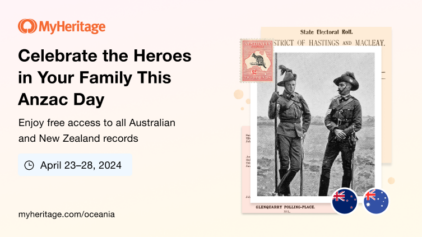



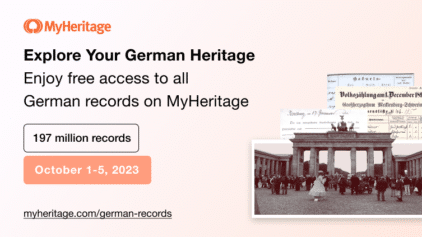
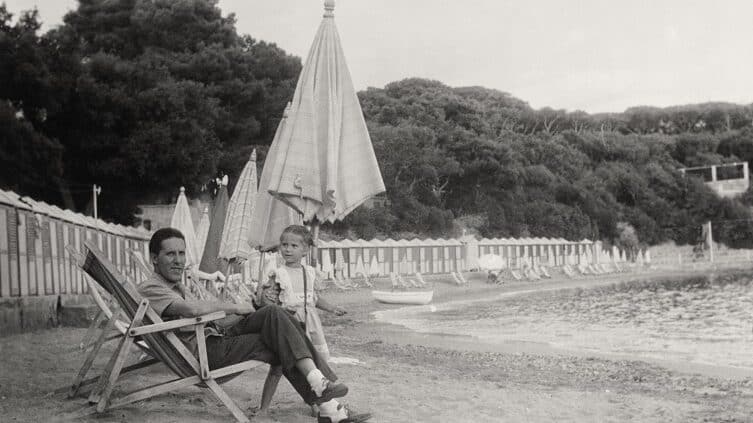
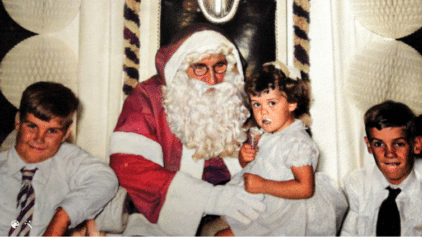
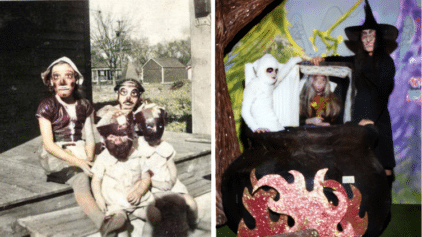
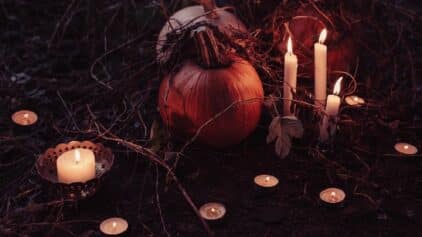
Neal Blalock
January 4, 2011
There is evidently a bunch to realize about this. I would like to thanks for the efforts you’ve made in writing this fine article. I am hoping the same best work from you in the future as well.Several details about Thank’s for you advise.